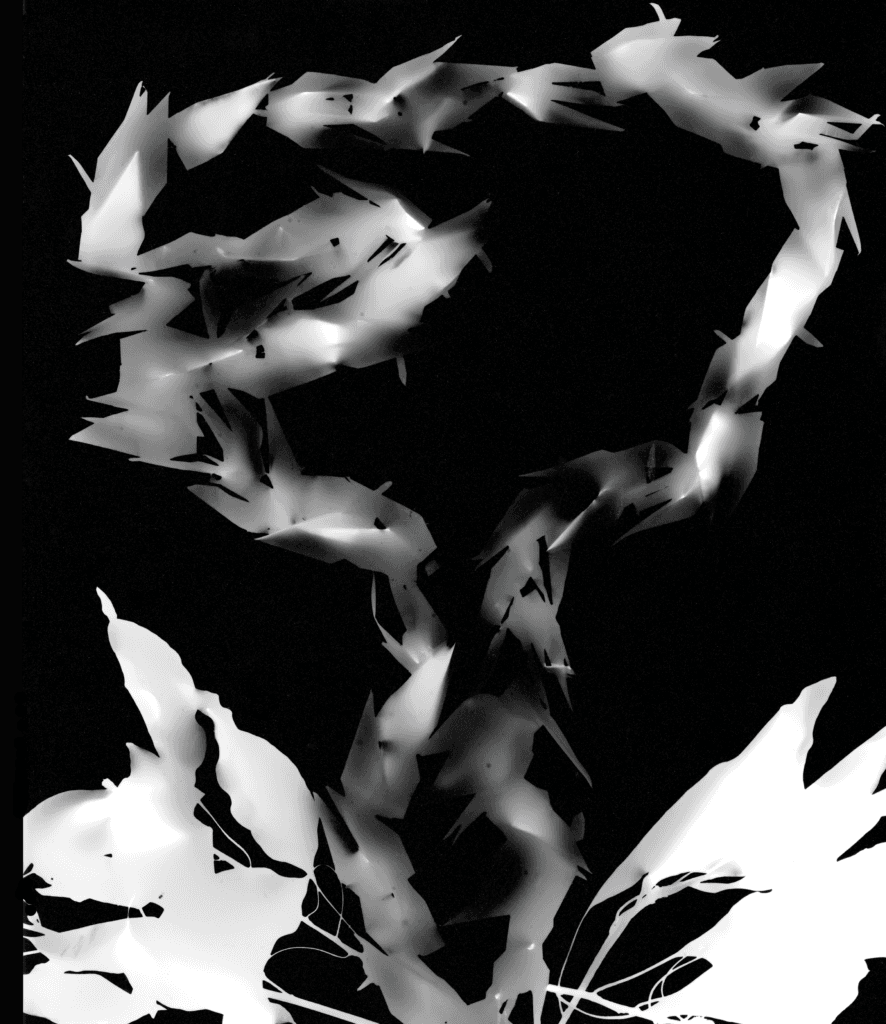A professor from Penn State University will look at the emergence of trauma as a psychological category among survivors of the World War II atomic bombings of Japan. The program, which is sponsored by Wilmington College’s Peace Resource Center, is planned for March 6, at 6:30 p.m., in the T. Canby Jones Meetinghouse in Boyd Cultural Arts Center.
The public is invited to join members of the campus community in hearing Ran Zwigenberg, professor of Asian Studies and Jewish Studies, present “Nuclear Minds: Cold War Psychological Science and the Bombings of Hiroshima and Nagasaki.”
In 1945, researchers on a mission to Hiroshima with the United States Strategic Bombing Survey canvassed survivors of the nuclear attack. This marked the beginning of global efforts — by psychiatrists, psychologists, and other social scientists — to tackle the complex ways human minds were affected by the advent of the Nuclear Age. “Nuclear Minds” traces these efforts and the ways they were interpreted differently across communities of researchers and victims.
Zwigenberg’s research focuses on modern Japanese and European history, with a specialization in memory and intellectual history. He has taught, lectured and published on issues of war memory, atomic energy, psychiatry, heritage, regionalism and survivor politics. His book, Hiroshima: The Origins of Global Memory Culture, won the 2014 Association for Asian Studies’ John W. Hall Book Award.
The Peace Resource Center at Wilmington College is the only academic center and archive in the United States wholly devoted to the human experience of nuclear war through the atomic bombings of Hiroshima and Nagasaki, Japan. The PRC works with Wilmington College student staff to carry out the preservation of historical materials and creates programming for the campus and community regarding the need for global peace and the elimination of nuclear weapons.
IMAGE: "Mushroom Cloud" by elen o'Hara slavick commissioned by the Peace Resource Center
